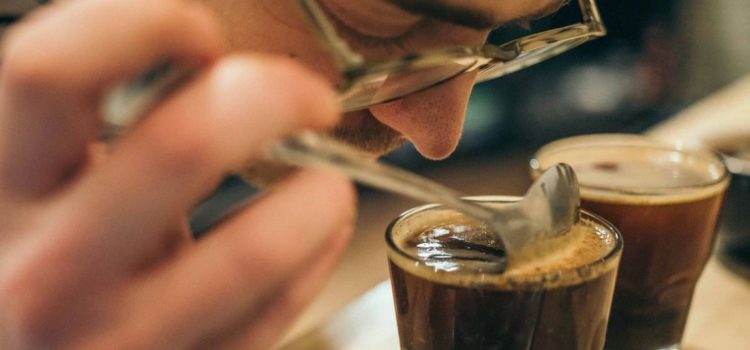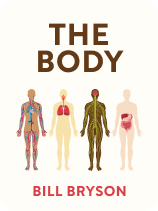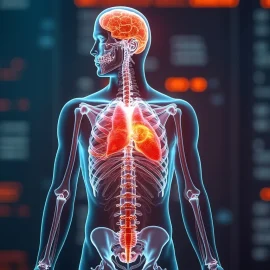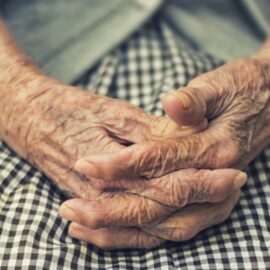

This article is an excerpt from the Shortform book guide to "The Body" by Bill Bryson. Shortform has the world's best summaries and analyses of books you should be reading.
Like this article? Sign up for a free trial here .
How does smell affect taste? How good is a human’s sense of smell?
The sense of smell plays a significant role in its taste. According to Bill Bryson, the author of The Body, the sense of smell is actually more important than taste, which can be an obstacle to weight loss.
Here’s why you shouldn’t underestimate the power of smell.
Recognize the Power of Your Sense of Smell
In his book The Body, Bryson discusses how we perceive what we eat. He explains that flavor is actually a mental construct that your brain assembles from a variety of sensory inputs, not just taste. So, how does smell affect taste? The smell of food actually has a greater influence on how you perceive its flavor than its taste does, perhaps because your sense of smell is more refined than your sense of taste: Your body only has about five types of taste receptors, but it has roughly 400 types of smell receptors.
To illustrate the sensitivity of human smell, Bryson recounts an experiment where researchers dragged various scented objects, such as a piece of chocolate, across an athletic field. Then they asked students to follow the scent trail on their hands and knees, sniffing the grass. Most of the participants succeeded in following the scent trail accurately. Many of them even outperformed dogs at following scent trails.
(Shortform note: A different study measured how sensitive humans and various animals were to different scents. They found that the human sense of smell was as good or better than that of most animals, even those noted for their keen sense of smell. In fact, humans’ sense of smell was more sensitive in 76% of their tests.)
| Beware of Olfactory Triggers Bryson’s discussion highlights the acuteness of our sense of smell and its significance in furnishing information to our brains about the food we’re eating. In The Power of Habit, Charles Duhigg notes that restaurants and certain other businesses take advantage of this fact to make us overeat. As Duhigg explains, much of human behavior is habitual. Our habits are like programmed subroutines that we can execute on autopilot, but something still has to initiate the automatic behavior. This initial stimulus is called the “cue” or “trigger” of the habit. As Bryson points out, your body can distinguish many more smells than tastes because you have so many more types of smell receptors than taste receptors. This allows you to pick out the unique smell of the food at your favorite restaurant, even from a distance. And since smell is the largest sensory component of our flavor, it’s easy for your brain to associate the smell of delicious, high-calorie foods with the pleasurable sensation of eating them. This makes it particularly easy to develop a habit of eating at the restaurant, with the smells that waft out of the kitchen triggering the act of ordering food. Thus, if you’re trying to limit your caloric input, don’t underestimate the power of habits, or the power of smells to trigger them. |

———End of Preview———
Like what you just read? Read the rest of the world's best book summary and analysis of Bill Bryson's "The Body" at Shortform .
Here's what you'll find in our full The Body summary :
- A whirlwind tour of the human body’s various systems
- Why your sense of smell is probably as good as your dog’s
- How hot peppers increase your life expectancy






